Successful Research in Producing Disease-Free Shrimp Breeding Stock
Stage 1: Postlarvae weighing 0.028 – 0.3 grams, density of 28-29 shrimp per cubic meter, duration of 25 days.
Stage 2: From 0.3 to 30 grams, density of 24-28 shrimp per cubic meter, raised for 3 months.
Stage 3: From 30 to 60 grams, density of 13 shrimp per cubic meter, raised for 3 months.
Stage 4: From 60 to 120 grams, density of 6 shrimp per cubic meter, raised for 3 months, with a maturation stage of 2 shrimp per cubic meter for 2 months.
After a total of 13 months of farming, the parent shrimp reached an average weight of 170 grams per shrimp, and initial reproduction showed a yield of 300,000 to 400,000 larvae per broodstock with a hatching rate of 79-82%. According to testing results from Regional Veterinary Agency No. 6, the quality of the postlarvae was confirmed to be disease-free.
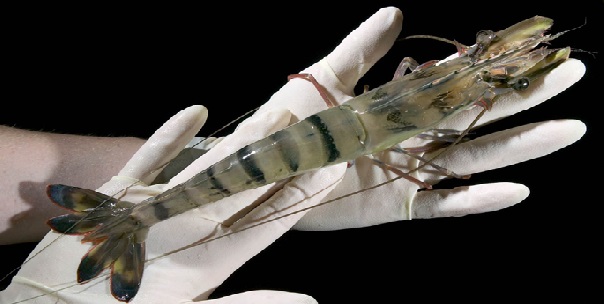
Tra Vinh province is focusing on high-tech farming of black tiger shrimp and whiteleg shrimp, ensuring a supply of clean shrimp products for export markets. However, the province currently has around 24,000 hectares of brackish and saltwater shrimp farms, with about 7,000 hectares dedicated to intensive and semi-intensive farming. The shrimp seed production within the province only meets about 60% of demand, with the remaining seeds imported from other provinces, making it difficult to control quality.
Mr. Pham Minh Truyen, Director of the Department of Agriculture and Rural Development in Tra Vinh, stated that the province plans to expand brackish and saltwater aquaculture to nearly 26,000 hectares by 2020 and around 28,000 hectares by 2030. By 2020, the demand for black tiger and whiteleg shrimp seed will exceed 11 billion.
The successful production of disease-free broodstock by the Faculty of Agriculture and Fisheries at Tra Vinh University creates favorable conditions, particularly in providing high-quality broodstock for local shrimp hatcheries to supply to farmers.
Source: bnews
Ngày đăng : 17/10/2024
2135 View
Other Articles
Indian shrimp pivot to the EU, increasing competitive pressure on Vietnam
Indoor shrimp farming in Europe: Investment challenges and the race to find a viable model
Shrimp production surged in the first month of the year, with exports benefiting from strong demand during the Lunar New Year holiday
Quang Ninh Accelerates Digital Transformation in Shrimp Farming, Rising to Lead Northern Vietnam
Lucky money is not just about cash — it’s Aqua Mina’s wish for a worry-free farming season for our valued customers
Việt Nam's top 10 seafood exporters command nearly one-fifth of industry revenue
Ca Mau Maintains Its Shrimp Brand in International Competition
VIETSHRIMP ASIA 2026 & AQUACULTURE VIETNAM 2026 – A TURNING POINT FOR THE MODERN SHRIMP FARMING INDUSTRY
Ecuador's shrimp industry educational program SustainED kicked off its 2026
An Giang will start raising brackish water shrimp as early as the beginning of 2026
Aqua Mina conducts the on-site installation of two aquaculture air blowers | Ceramic Ball Bearing – 15 kW – 25 kPa for a customer in Quang Ninh
Towards Building Brand Value for the Shrimp Industry








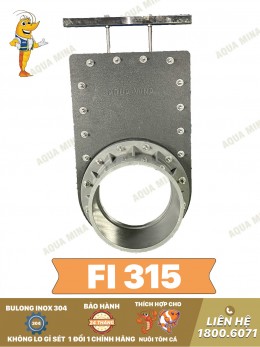
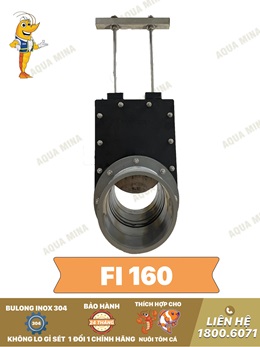
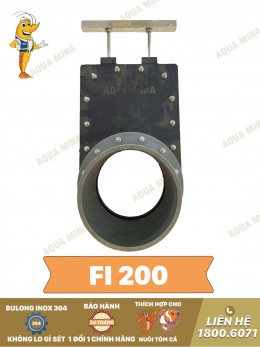
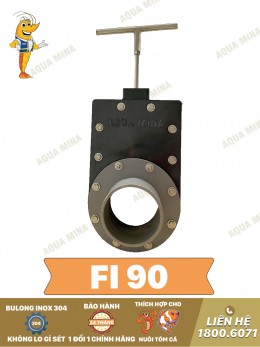
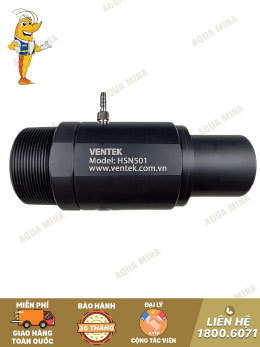
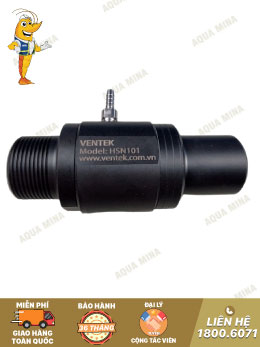
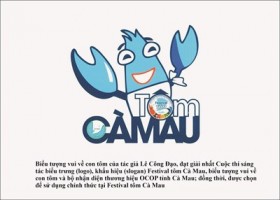
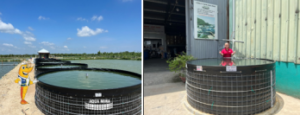
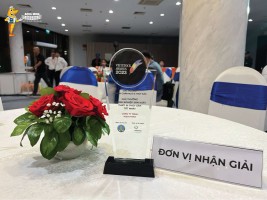
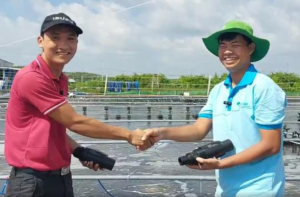
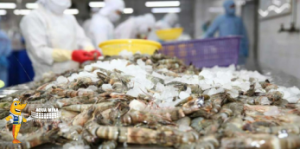
.jpg)